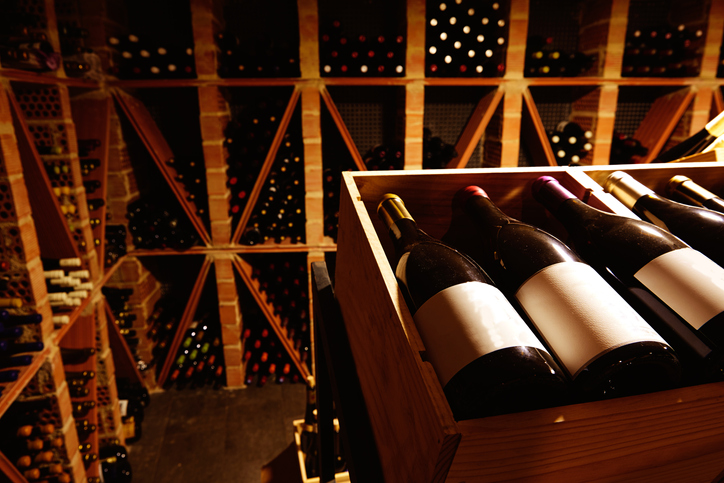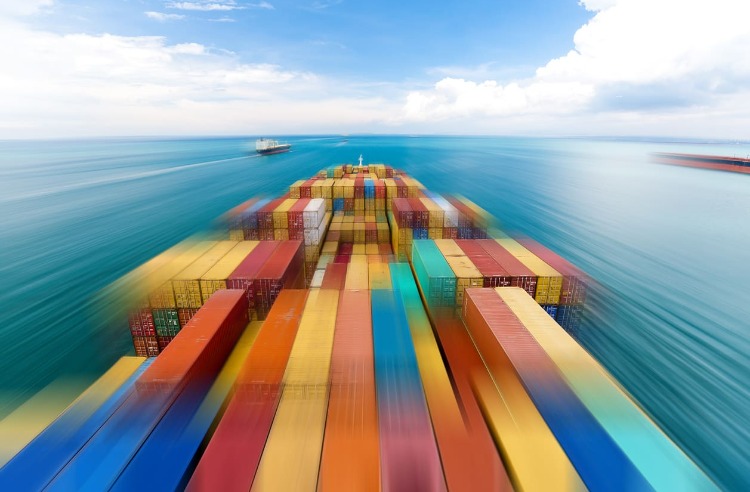Share this post
How should I pack my drinks to transport them?
With all the cargo packing and transport options out there, a question we’re often asked is ‘what’s the best way to pack my drinks?’. The answer depends on the type of beverage you’re shipping and in which quantities.
With all the cargo packing and transport options out there, a question we’re often asked is ‘what’s the best way to pack my drinks?’. The answer depends on the type of beverage you’re shipping and in which quantities.
For ready-to-sell alcohol, bottles, cans, and bag-in-box will probably spring to mind. Whereas drinks destined for on-trade sales might be required in barrels and kegs. Some drinks however can be shipped in flexitanks. It’s like a giant bag-in-box that is specially made to protect product quality, shipped in a container, and packaged into whichever format is required once in the market of consumption.
Good to know when shipping ready-packed drinks
If you’re packaging at source (bottles, cans, bag-in-box, kegs, or barrels) and then sending your drinks to their destination(s), you’ll either be shipping per container or pallet. If you’re sending frequent small volume pallet shipments, groupage shipping is ideal. This form of transport groups your shipments with those from other suppliers, so that you can share the costs of a container. At Hillebrand, the containers used in our less than container load services are refrigerated or insulated to mitigate or reduce the risk of thermal damage.
So what are the benefits of one packaging format over another?
A lot of it has to do with the product and how well it will travel and keep in the packaging you choose. This has a lot to do with the chemical composition of what you’re buying/selling.
Bottles however are the most obvious choice. They pack neatly into cases and are the preferred format to purchase and pour wine from over other formats. But, they too suffer from disadvantages, if the seal or closure is incorrectly applied, air could get into the wine and ultimately spoil it.
Can cans be good?
Unlike wine, cans are more accepted by the consumer for beer, soft drinks, and RTDs. It’s a bit of a debate within the beer industry, but beer does move and keep better in cans than bottles. It’s made from natural ingredients, so locking it in a can where light, oxygen, and UV-rays can’t get to it will preserve its taste far longer. If you’re thinking ‘what about that funny metal taste?’ it’s a bit of a thing of the past, as most cans nowadays have special coatings to prevent that from happening. Cans are also lightweight and so offer benefits in terms of payload.
Keg options for beer & other beverages
The same principle can be said for kegs. They are light-tight containers that offer the same guarding properties as cans in regards to air exposure. A keg is also a reusable asset, which you can use for more than 30 years!
But what about plastic kegs v stainless steel? The difference is palatable. In an experiment conducted by Miguel Hernandez University, a beer that was stored in stainless steel kegs kept its sensory values constant during a six-month trial period. Beer stored in plastic kegs, on the other hand, became progressively altered during the storage period.
Most breweries nowadays use steel returnable kegs to keep up their inventory lean. Take a look at how Bell's Brewery returned kegs 70% faster with our reverse logistics program Kegspediter.
Options for bulk wine shipments
If you’re shipping large quantities of any liquid, including beverages like wine, Hillebrand’s flexitanks are a great choice. They designed with product owners like winemakers, to mitigate the risk of things like oxidation. On the plus side, you can globally transport a lot of liquid in one shipping container and because of the quantity moving a flexitank offers greater thermal inertia than a packaged product.
The more liquid in a container the less susceptible it is to temperature changes. There are ISO tanks too. Spirits travel well in these as they fall under the dangerous goods (DG) category. Not dangerous as in, what happens if you drink too much of it, but dangerous as in the ABV of flammable content.
Remember, kegs aren’t exclusively for beer, lots of other liquids can be shipped in kegs too!
Take care of packing and shipping your drinks with Hillebrand
There are plenty of packing options when it comes to transporting your beverages, from bottles and returnable kegs to flexitanks for bulk liquid. Once you’ve chosen, Hillebrand can point you towards the best transport solution for your product.

.png?sfvrsn=59cab711_1)



